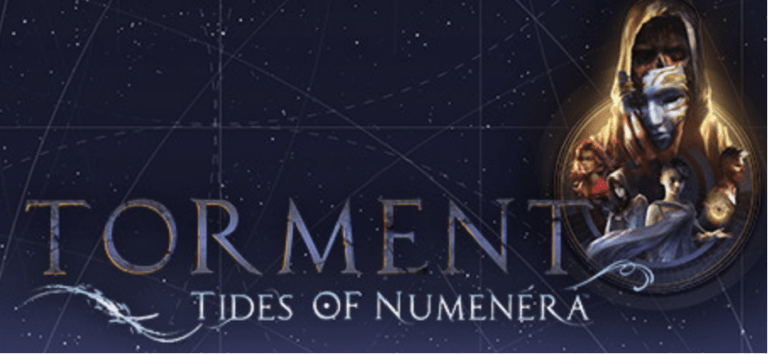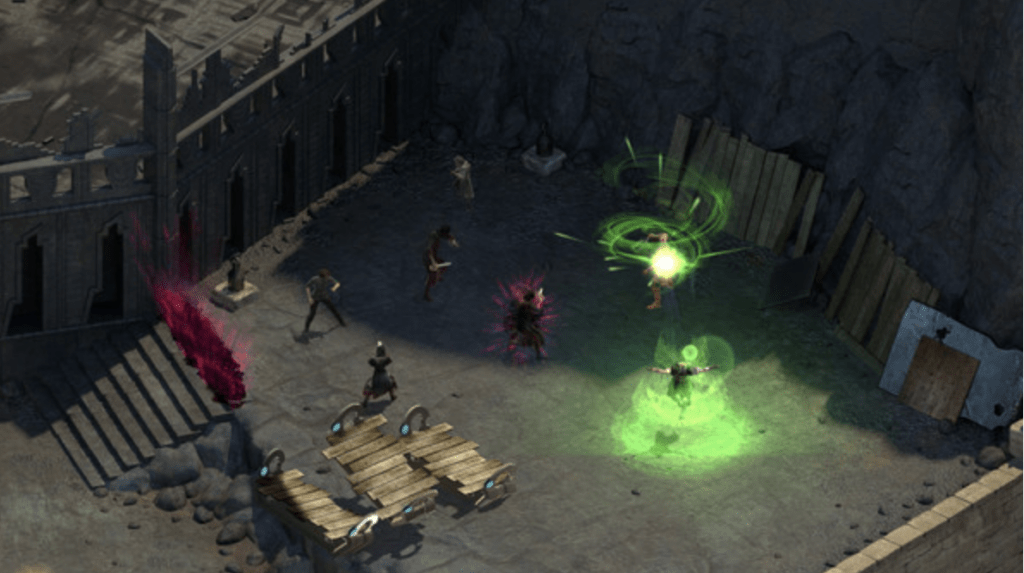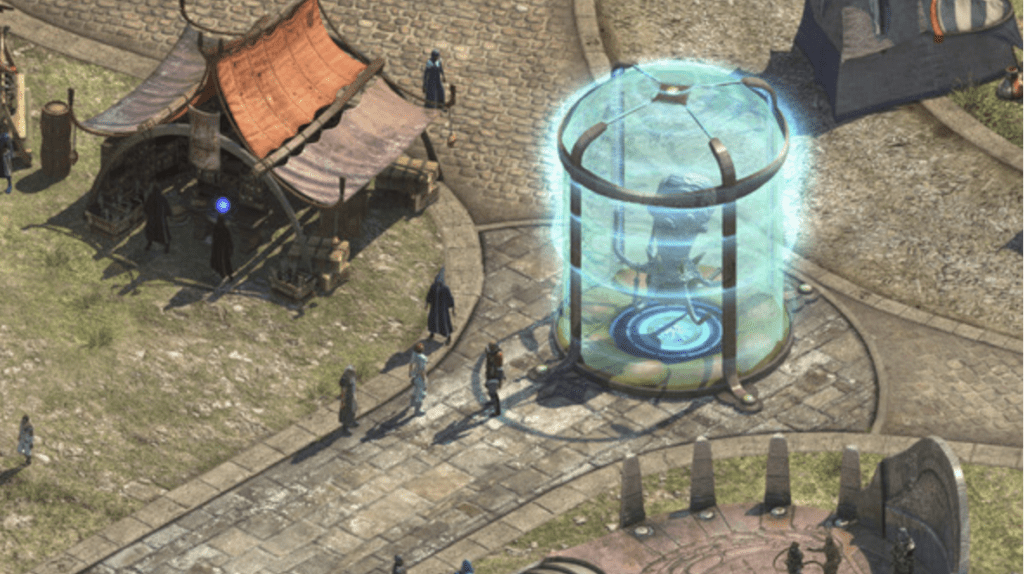
Torment: Tides of Numenera Is A Mixed Bag
Torment: Tides of Numenera is a CRPG sci-fi adventure set on earth in the far future. Players take on the role of a castoff. It’s quickly revealed this is what happens when “the changing god” leaves a body behind. Soon the question becomes is the player this changing god, then is it a god at all? Whatever the case, players will find that his(their?) actions have caused most of the pain each character has experienced.
This is a game where combat exists, but can be mostly avoided by talking or taking advantage of the environment. The narrative is where the focus is. There are skills that can be upgraded, but can feel useless if players focus on combat skills early on. Actions are decided on rolls, however, sometimes a fight can’t be avoided. Numenera is a dialogue heavy game and much of what happens is described in a wall of text. Nearly all NPCs have something to say and their conversations or quests give a lot of depth to the world.

This can easily become overwhelming when players are just trying to find the NPC they need to progress. While the areas aren’t that large it can still be tedious running through each one because there’s only vague hints about where to go. There’s also a brief mention of the Tides and that players can manipulate them. Unless you catch an explanation on the tooltips screen, what each one does might remain a mystery. On the character screen it shows which one is dominant, but every choice raises a different tide. Ironically, the most explanations come during combat. This, potentially, makes it a bit unfriendly to those new to the genre.

Torment: Tides of Numenera is equally frustrating and interesting. It’s stingy with experience so players can only upgrade one skill at a time. This can also make players unwilling to click on npcs since a long conversation may lead to no reward. Or not one that feels worth the time. This may be a game to pick up because it’s considered a classic or because someone is a huge fan of CRPGs. Otherwise, Tides of Numenera might not be interesting enough to overcome its setbacks.



